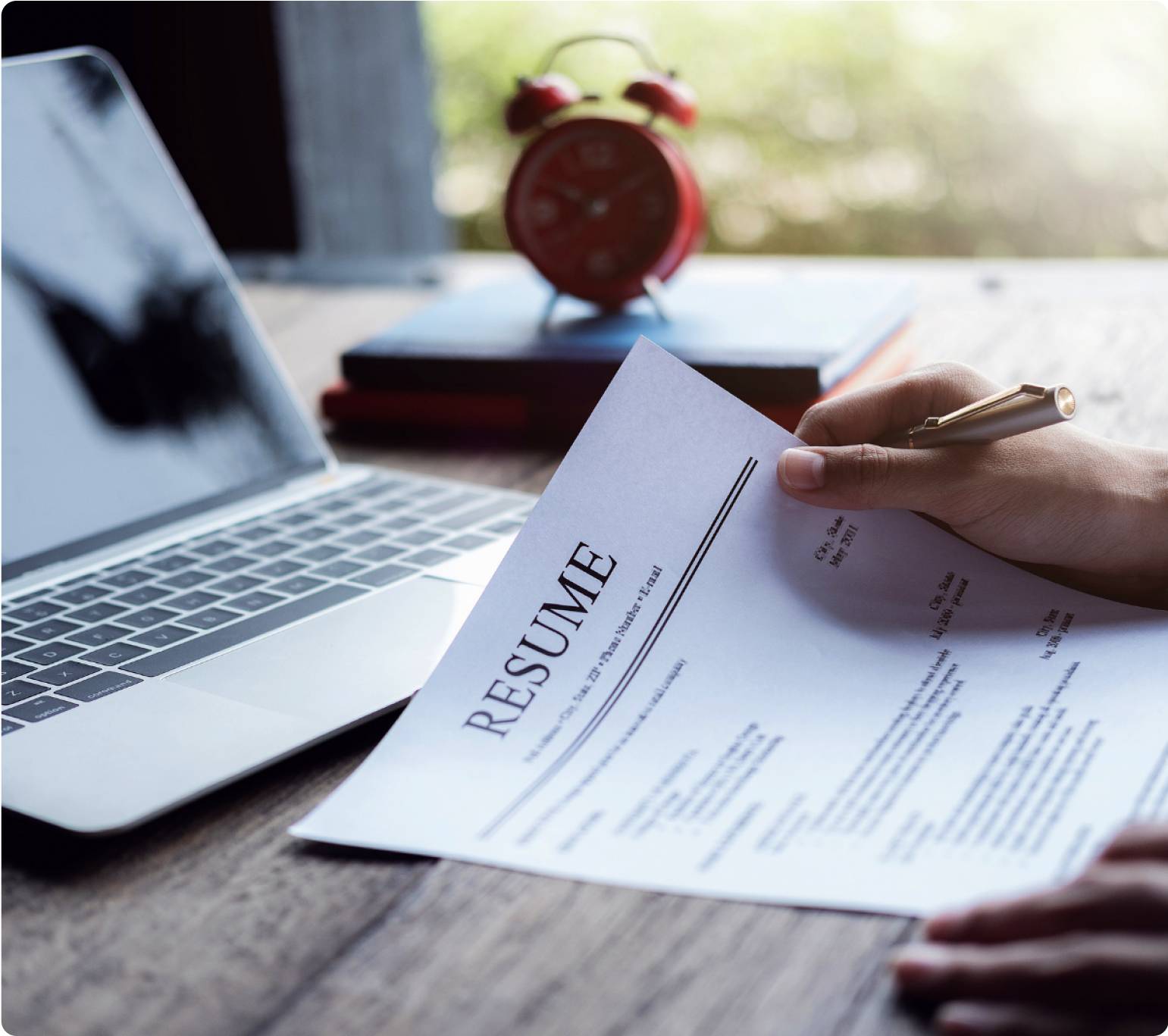Preparing for an Interview

Interviewing can be intimidating. Whether you’re a seasoned executive looking to lead an organization or a new grad taking a first step into the working world, interviews are your first look through the window of opportunity. Interviews are not one sided. Not only is it important to represent yourself and your work experience favorably, but it’s just as important that you properly vet your potential employer. There’s a lot to accomplish in a 45- to 60-minute window. Like most things, your best chance for success will come by properly preparing and planning.
Research: Due diligence goes a long way in interviews. It’s important to research the company you’re meeting with. Also, try to identify the team that will be interviewing you. Resources such as LinkedIn will acquaint you with co-worker backgrounds, as well as reveal any mutual connections you may have (schools, previous colleagues, hobbies, etc.). Check Google News to pull up any articles recently published on the company to learn trends, goals and recent accomplishments you can discuss during your interviews.
Presenting your experience: Before interviewing, you should have a general understanding of the position. This information could come from a recruiter you’re working with or even just a job description. Take time to review your résumé and work experience. Prepare to discuss your responsibilities and how your skills and experience are translatable to the position. Be detailed! The most common feedback we receive from hiring managers who pass on candidates is that the interview did not yield enough information to determine whether the candidate is viable for the position. When discussing your responsibilities, be sure to mention the “what,” “how” and “why.” What do you do? How do you do it? Why do you do it that way? Explaining responsibilities in this manner ensures that the hiring managers have in-depth insight into your knowledge of the subject.
Prepare questions: Good questions are the key to a successful interview. Preparing and asking good questions will help you gain better insight into this potential employer. Doing so will also present you in a positive light to the organization. For example:
- “How do you evaluate the success of this position? Is there anyone in the organization who has been successful in this capacity before? If so, to what would you attribute their success?”
- “What would you say is a strength of the department and what is an area you’re focusing on improving?”
- “How would you describe the culture of your team/department? Is it where you want it to be? If not, what necessary changes are you looking to make?”
Questions like these help you better understand this role/company. They also present you positively to a hiring manager. Such questions show that you’re not just seeking a company where you can go through the motions. You’re actively looking to add value somewhere. Keep in mind that you should craft the questions based on the person you’re meeting with. A conversation with HR will most likely be centered around company culture, communication, company values, etc. Conversations with a supervising manager of the job will be more technical and focused on the success of the position.
As intimidating as interviewing can be, nothing relaxes the nerves like being prepared. Be sure to remember that interviewing is a two-way street. Not only should you focus on representing yourself well, but also on getting a proper evaluation of what could become your next career step. The answers are often in the details. Having a good game-plan heading into an interview will ensure you present your professional credentials well, while collecting insights into a potential employer.